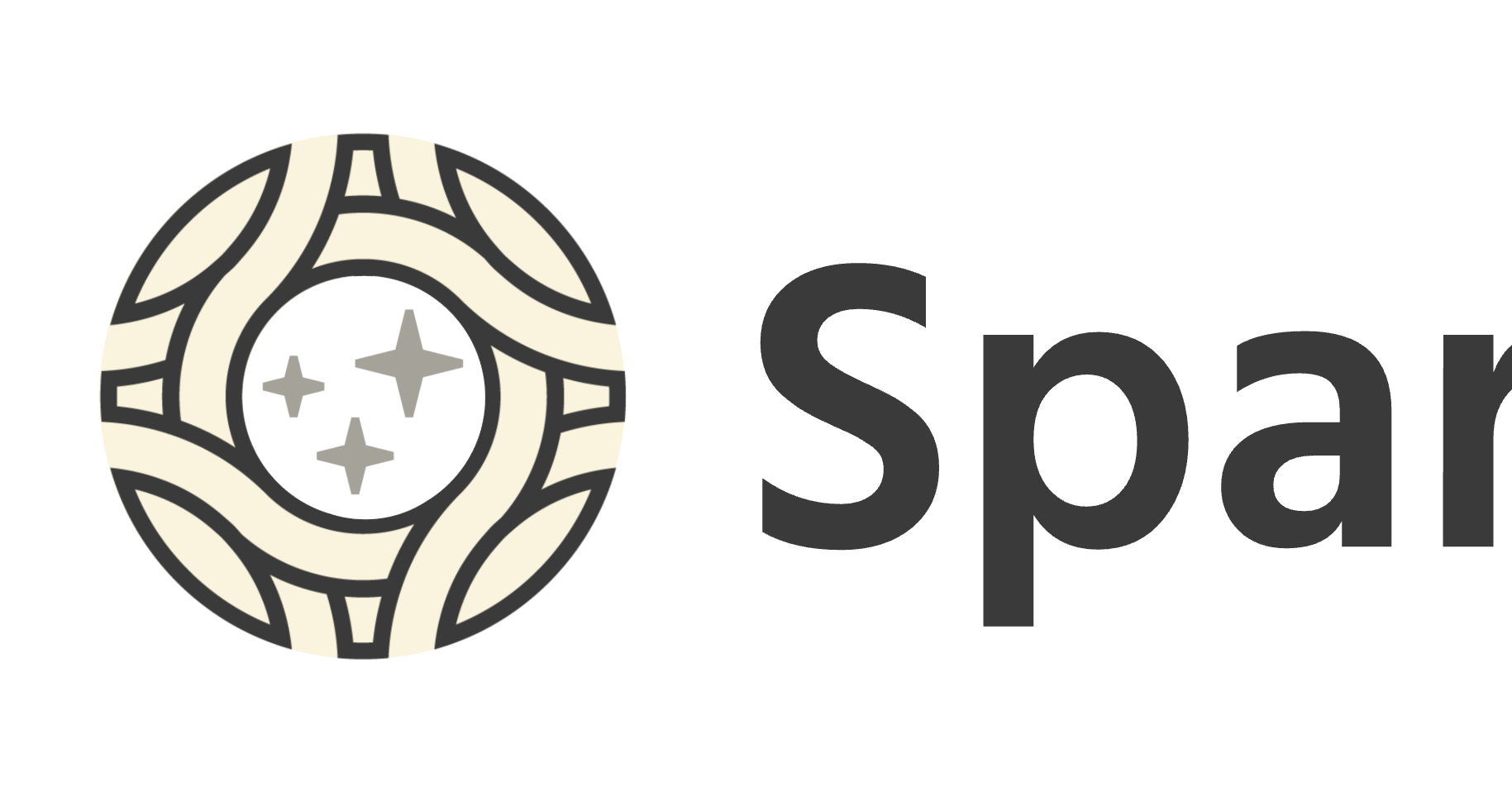A bit of a newbie in EA (two-three weeks of reading and discovering stuff) so this may prove to be quite irrelevant, but here it goes anyway. I'm wondering if EAs should be worried about stories like the following (if needed i think i can find the scientific literature behind it):
https://www.sciencetimes.com/articles/40818/20221104/terrifying-model-provides-glimpse-humans-look-year-3000-overusing-technology.htm
My worry is that the standard EA literature where it is assumed that there will be thousands of generations left if humans are left alone may overlook some mundane effects or scenaria such as those stemming from such studies.
An example, based on the above, could be that humans could be unrecognizable from today but due to the mundane reasons of using well-established technologies that exist today (laptops and smartphones). An unlikely extension of this may be that in say 1000 years homo sapiens goes extinct because evolution-for-optimized software use (i mean smartphones and laptops) has fiddled with the reproduction system (or simply people decided rationally they no longer wanted to have sex, either for pleasure or for child-raising purposes).
Another example could be long-term effects (unknown-unknowns at the moment though, but there's the example of the fish turning hermaphrodite due to exposure to antidepressants in a lake in the 90s, something that alerted people to the effects of small yet steady concentrations of medicines in human bodies) of substances in the body, which again change the average human body. An example of such a scenario would be if we discovered soon, say in 2025 that a concentration of above say 2μgs of microplastics in the gut begins to seriously mess up sperm or egg quality, hence rendering reproduction impossible.
Of course, we can always assume that major scientific bodies may produce advice to reverse such adverse effects, but what if these are as effective as anti-smoking campaigns? (imagine a current campaign to urgently reduce internet time to 30mins per day in advanced western countries because a cutting-edge scientific report has linked it to a rise in deadly brain tumours - how would that scenario play out? My predictions would involve some sort of denialism and conspiracy theories as well as rioting if the technological fix doesn't come fast, to say the least). Remember that even with COVID, which was a global pandemic, the desired response ( for example everybody or most people in the world getting vaccinated so that they don't die nor do they become altruists by not spreading the virus, at least when there was the uncertainty about how deadly the virus would be) largely failed due to humanity bringing out its worst self (politics among countries such as for securing more vaccines for their citizens or pharmaceutical companies maximizing their profits, to cite just two examples).
Once again, apologies if this is a bit off-topic or totally misses the point of EA.
I disagree a little bit with the credibility of some of the examples, and want to double-click others. But regardless, I think this is a very productive train of thought and thank you for writing it up. Interesting!
And btw, if you feel like a topic of investigation "might not fit into the EA genre", and yet you feel like it could be important based on first-principles reasoning, my guess is that that's a very important lead to pursue. Reluctance to step outside the genre, and thinking that the goal is to "do EA-like things", is exactly the kind of dynamic that's likely to lead the whole community to overlook something important.
Dear Emrik,
Many thanks for the feedback and for the encouragement! The examples were a bit speculative, though the fish one is quite well-known, I think it was in the 90s. Also I know that it's only recently that the effects of long-term studies of small yet steady concentrations of macro-molecules have begun to be conducted, not least because ten years ago we didn't have the technology to pursue such kinds of studies.
If anybody is interested to 'research together' I can do imagine pursuing this further (this is an invitation), at the moment though it's just an idle thought.
So please, anybody with more knowledge and means, if you're interested, I'd welcome the chance to conduct a literature review for anything mentioned above, and we can take it from there!
https://www.theguardian.com/commentisfree/2022/nov/30/science-hear-nature-digital-bioacoustics
what happens if in the future we discover that all life on Earth (especially plants) are sentient, but at the same time a) there are a lot more humans on the planet waiting to be fed and b) synthetic food/ proteins are deemed dangerous to human health?
Do we go back to eating plants and animals again? Do we farm them? Do we continue pursuing technologies for food given the past failures?
Flagging a potential problem for longtermism and the possibility on expanding human civilisation on other planets: What will the people eat there? Can we just assume that technoscience will give us the answer'? Or is that a quick and too optimistic question? Can one imagine a situation where humanity goes extinct because the earth finally becomes uninhabitable and the on the first new planet on which we step on the technology either fails or the settlers miss the opportunity window to develop their food? I'm sure there must be some such examples in the history of settlers into new worlds in the existing human history, I don't know if anybody's working on this in the context of longtermism though.
Just some food for thought hopefully
https://www.theguardian.com/environment/2023/jan/07/holy-grail-wheat-gene-discovery-could-feed-our-overheated-world




https://www.theguardian.com/commentisfree/2022/nov/30/science-hear-nature-digital-bioacoustics
what happens if in the future we discover that all life on Earth (especially plants) are sentient, but at the same time a) there are a lot more humans on the planet waiting to be fed and b) synthetic food/ proteins are deemed dangerous to human health?
Do we go back to eating plants and animals again? Do we farm them? Do we continue pursuing technologies for food given the past failures?